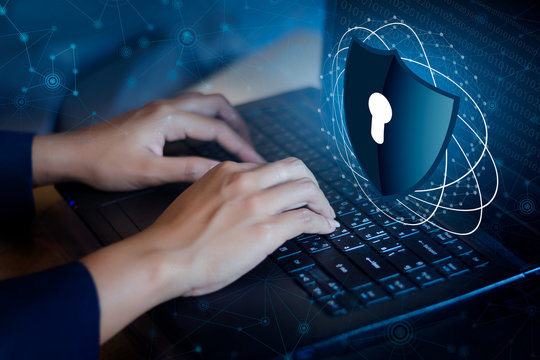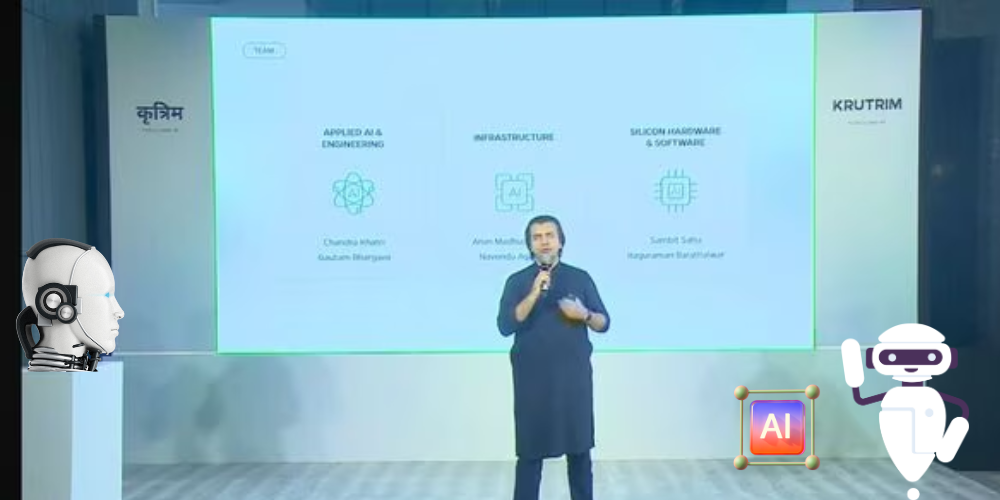There’s a lot of data traveling through your company network. Hackers and cyber attacks must be detected and prevented to protect that information and bolster the overall security posture.
AI algorithms can quickly process large volumes of log data and identify patterns, anomalies, and indicators of cyber threats. Its scalability also helps to reduce response times when an incident occurs.
Detecting Malicious Activity
Using pattern recognition algorithms and behavioral analysis, AI can help detect malicious activity. It can also spot small trends in data that could suggest a zero-day attack is about to occur, which allows security teams to take preventive measures. However, it’s important to note that AI doesn’t remove humans from the loop; it simply makes them more efficient and effective at detecting cyber threats.
For instance, AI can analyze code and configurations to identify potential vulnerabilities. It can also scan networks for unauthorized devices or malicious activity, such as phishing attacks and ransomware.
Additionally, it can spot suspicious material in emails and on phishing websites, enabling security teams to take preventative action before an attack occurs. It can even detect if an individual is about to click on a malicious link by analyzing their behavior and looking for signs of nervousness or other red flags.
Additionally, AI can help security teams prioritize and respond to alerts more quickly. It can also surface root causes and recommend corrective actions, improving cybersecurity initiatives’ effectiveness. It’s essential to remember that relying on AI for vulnerability detection and incident response can lead to bias. Focusing on diverse and representative training data, rigorous preprocessing techniques, ongoing monitoring and evaluation, and explainability and transparency is critical.
Predicting Malicious Activity
A flexible and quick response is necessary, given the nature of cyberattacks. AI can quickly evaluate massive amounts of data and examine it for suspicious patterns or abnormalities that might point to a systemic attack. Computer security service can thus react quickly and effectively to potential danger to their businesses.
Cyberattacks use sophisticated techniques to evade detection. They constantly evolve, with attackers using tools that spawn new malware, change their signatures, and perform automated activities. It challenges defense systems. However, AI can be utilized to make defensive measures more effective.
AI can identify and prioritize threats based on risk levels and provide real-time alerts to security teams. It can also be used to optimize security resources, identifying where they are most needed and prioritizing activities accordingly. It saves organizations time and money by minimizing the need for manual processes susceptible to error.
By examining behavioral patterns, AI may also be utilized to strengthen user authentication systems. It can help prevent unauthorized access by recognizing and detecting unusual activity, such as multiple login attempts from different devices or geographic locations. It is in addition to traditional methods such as passwords and two-factor authentication. However, AI must be vetted carefully to ensure that it does not introduce bias in data analysis. It can be achieved by ensuring that it uses diverse and representative training data, rigorous preprocessing and cleaning techniques, and ongoing monitoring and evaluation.
Preventing Malicious Activity
Many cyber threats are designed to exploit vulnerabilities that are difficult for humans to identify. However, AI can help with this by analyzing vast amounts of data and looking for patterns or anomalies that would indicate the presence of a cyber threat. It enables the rapid identification of potential attacks and allows security teams to take action quickly, minimizing the impact of any harmful attacks.
For example, AI can monitor network traffic, detect suspicious behavior, and scan the web for malicious URLs. It can protect organizations from being hacked by preventing the downloading of malware or accessing phishing websites. It can also help to prevent attacks by identifying zero-day threats, such as malware exploiting unpatched vulnerabilities in software or systems.
Additionally, AI can assist human cybersecurity operations to be more effective by giving better context for prioritizing and responding to alarms and surfacing event core causes. It can also automate tasks such as scanning for vulnerabilities and detecting suspicious behavior, freeing up the time of security analysts to focus on more complex threats.
For example, advanced malware detection powered by AI can prevent healthcare organizations from being hacked by detecting and blocking suspicious activity or attacks that could compromise patient data. It can also ensure that financial institutions are protected from zero-day threats and phishing sites, as well as helping to comply with regulatory requirements such as HIPAA.
Automating Security Processes
When security teams can automatically scan their IT ecosystem for vulnerabilities, it can help minimize the time hackers have within a company’s network and reduce the potential damage they cause. AI can also enhance the context of vulnerability detection by delivering quicker responses and by assisting in the discovery of a breach’s primary cause.
Humans often get bogged down with information and need help prioritizing alerts, primarily when false positives exist. AI can help by analyzing reams of data quickly and making judgments, enabling it to detect patterns that humans may not see.
In addition, AI can monitor systems to identify phishing emails, malicious software, and other red flags that human analysts would miss. It can even use machine learning to hone in on threats that have never been seen before, preventing cybersecurity teams from missing them.
However, a strong defense against cyber-attacks requires both human and artificial intelligence. Security experts must remain involved in the process and focus on developing innovative solutions to new threats that arise. AI can help by eliminating the tedious and repetitive tasks of monitoring vulnerabilities, updating IT systems, detecting unauthorized activity, and responding to breaches. It frees security experts to concentrate on innovative strategies to safeguard a company’s most priceless assets.
Author
-

Meet Johnathan Trot, the creative force behind engaging content online. As a CTO, he blends tech expertise with a passion for storytelling. With a knack for simplifying complex concepts, Johnathan crafts content that captivates audiences. Join him on a journey where innovation meets simplicity, making tech accessible and enjoyable for all.
View all posts



